
How Yoga Can Help You Get a Good Night's Sleep
Tossing and turning at bedtime? You’re not alone. Anywhere from 50 to 70 million American adults have a sleep disorder. The problem is so bad the Center for Disease Control declared insufficient sleep a public health epidemic in 2018. Sleep disorders cost the economy, are responsible for fatal accidents, and result in a population with decreased attention and poor judgement.
A new study reported by Reuters finds that many of the roughly half the adults who suffer with sleep problems in the United States are turning to yoga for help. It’s a smart tactic. If you already rely on yoga for increased flexibility and strength, stress relief, and mindfulness, research shows yoga is also a good strategy for a sounder night’s sleep.
"Practicing yoga sets the body and mind up for nourishing and relaxing sleep," says Diane Malaspina, Ph.D, Yoga Medicine® Therapeutic Specialist. "Yoga poses stretch and stabilize muscles, reducing muscular tension and enhancing the flow of the various fluid systems of the body, which help us to tap into deeper stages of sleep. This turns on the parasympathetic response which initiates a cascade effect on the endocrine system, allowing for recovery and repair of cells and pituitary gland secretion of growth hormones (which stimulate muscle repair and growth) and prolactin (which regulates inflammation). Yoga teaches us how to turn down the volume of thoughts, decreasing anxious energy, supporting a quieter mind and restful sleep."
With healthy sleep comes an overall boost to quality of life including lower rates of depression, anxiety, and blood pressure, and increased resilience, optimism, metabolism, memory, and creative problem-solving. Here’s how yoga can help give you sweet dreams.
First, start with the right kind of yoga
When it comes to improved sleep, not all yoga is created equally. Keep your strong vinyasa and hot yoga practices scheduled for the morning, suggests Johns Hopkins sleep expert Anastasia Rowland-Seymour, M.D. “You wouldn’t do these right before bed any more than you would run on the treadmill.”
At the end of the day, yoga nidra and a gentle, restorative practice that focuses on your breath are best. Wide-Knee Child’s Pose, Standing Forward Bend, and Legs Up the Wall, are among the postures recommended by Harvard Medical School.
Evening yoga helps create a bedtime routine
The National Sleep Foundation suggests creating a relaxing bedtime ritual to help with sleep, and yoga can play a serene and reflective part in that routine. If you can, save the bedroom for sleep and sex and practice your bedtime yoga in another quiet room, if possible. Change into loose clothing, or ideally, your pajamas. In a spot where you can dim the lights, and listen to soothing music, lie on carpeting, or unroll your yoga mat. The goal in each pre-slumber session is to focus your attention on your breath and be present in the moment advises Rowland-Seymour. Try this Restful Night's Sleep class with Dana Slamp.
Yoga calms the body and stops those ruminating thoughts
Anxiety and poor sleep go together like traffic jams and road rage, and with a bad night’s sleep, it’s hard to say which comes first. Anxious thoughts can lead to poor sleep, and research shows sleep deprivation can trigger an anxiety disorder.
Yoga reduces the body’s natural stress response, functioning like other calming self-care tactics, like meditation or a warm bath. Forward bends and restorative poses in particular are designed to calm the nervous system. By lowering perceived stress and anxiety, yoga can slow heart rate, blood pressure, and breathing, sending the entire body into a restful state that shut down those swirling thoughts that keep you from drifting into dreamland.
"Yoga activates your parasympathetic system which means that you’re able to not only fall asleep better but stay asleep," says Caleb Backe, a Certified Personal Trainer and Holistic Wellness Expert for Maple Holistics. "It also lowers your cortisol levels, which can reduce stress for better sleep. Focusing on your breathing not only improves your parasympathetic responses but also improves your circulation allowing blood to flow optimally around the body which also improves your sleep."
Yoga improves the quality of your sleep
Studies show practicing yoga regularly helps you fall asleep faster, but it also improves the quality of your sleep when you drop off. In a study of people dealing with chronic insomnia, participants were given basic yoga training, then asked to practice daily for eight weeks. In sleep diaries, they reported their experiences. At the end of the eight weeks, researchers found statistically significant improvements in a number of measures, including sleep efficiency, total sleep time, and a reduced number of awakenings in the night.
Yoga works for everyone
Research on yoga’s influence on sleep has shown just how effective it is for people of all ages. After practicing yoga in a high school setting, improvement in sleep was one of the most commonly reported experiences of adolescents, a Kripalu Institute for Extraordinary Living study found. Studies of yoga’s effect on the elderly, a demographic in which two-thirds of people have a sleep-related complaint, have shown similarly positive results. When men and women over the age of 60 with insomnia practiced yoga twice a week for twelve weeks, researchers found significant improvements in overall sleep quality, efficiency, and duration, as well as general well-being including decreased depression, anxiety, and stress, and an increased sense of vitality and quality of life. Other studies of yoga’s effect on the elderly have found similar results.
In fact, all kinds of studies of a variety of yoga practitioners have shown yoga’s positive impact on sleep. Cancer patients sleep better with yoga, pregnant women sleep better with yoga, and women with osteoarthritis also sleep better with yoga. A study of long-term yoga practitioners — defined as those who had been practicing for at least three years — revealed that long-term yoga practice is associated with better sleep quality and lower levels of the stress hormone cortisol.
The bottom line
Whether you’ve been practicing yoga for years or weeks, a regular practice can improve your sleep. Take the peace and calm you feel on the mat in Savasana or Corpse Pose and carry it right on into your bedtime slumber.
Getting a Restful Night's Sleep with Dana Slamp
Comments
No comments yet. Be the first!
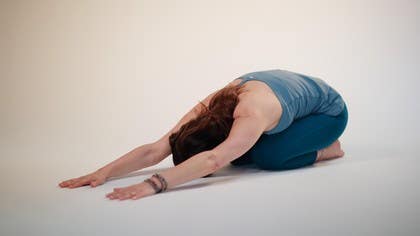

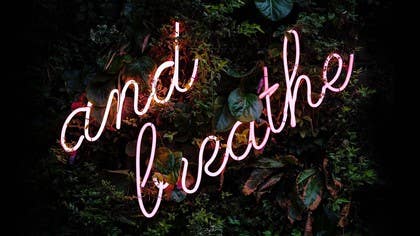
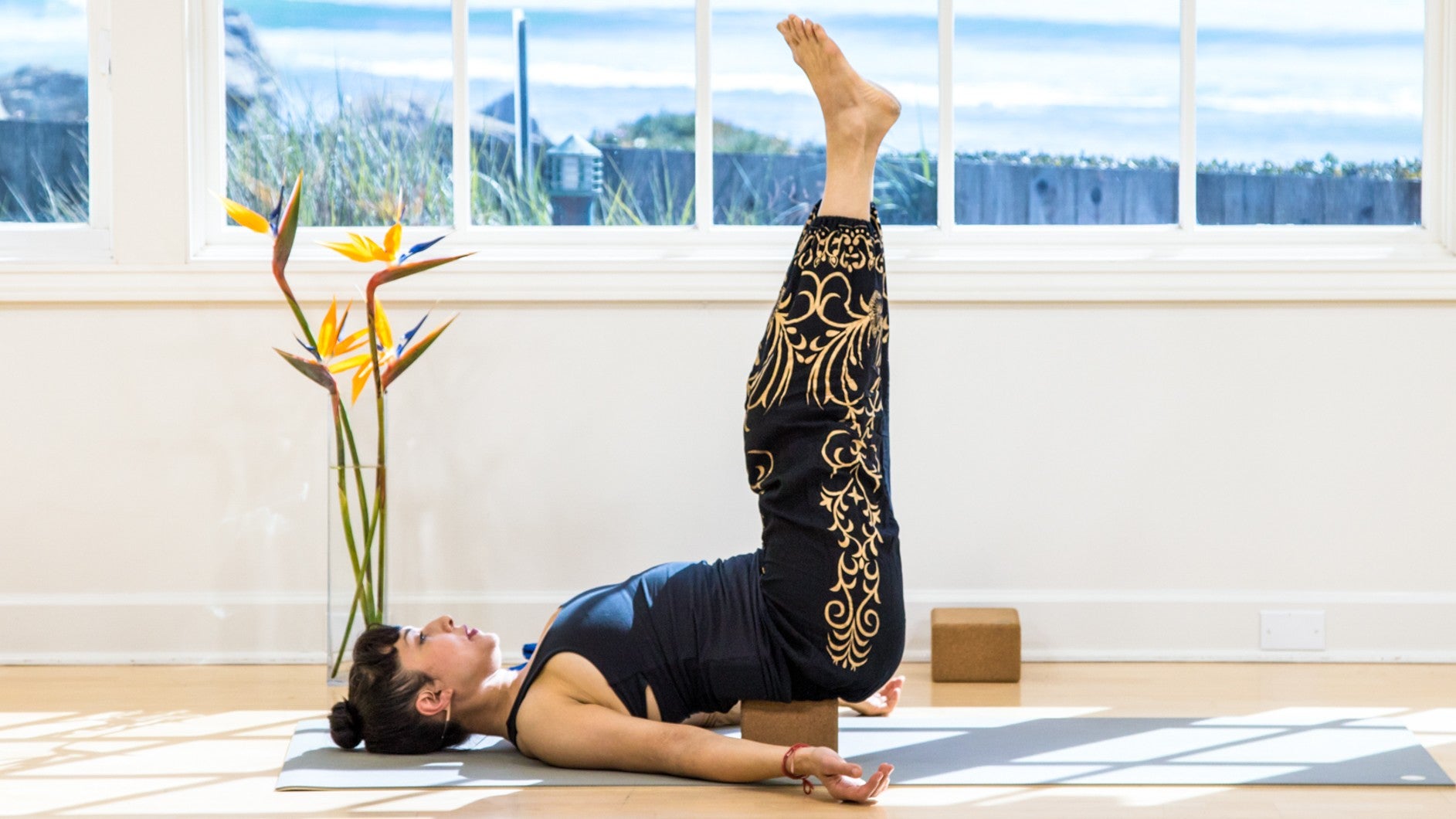
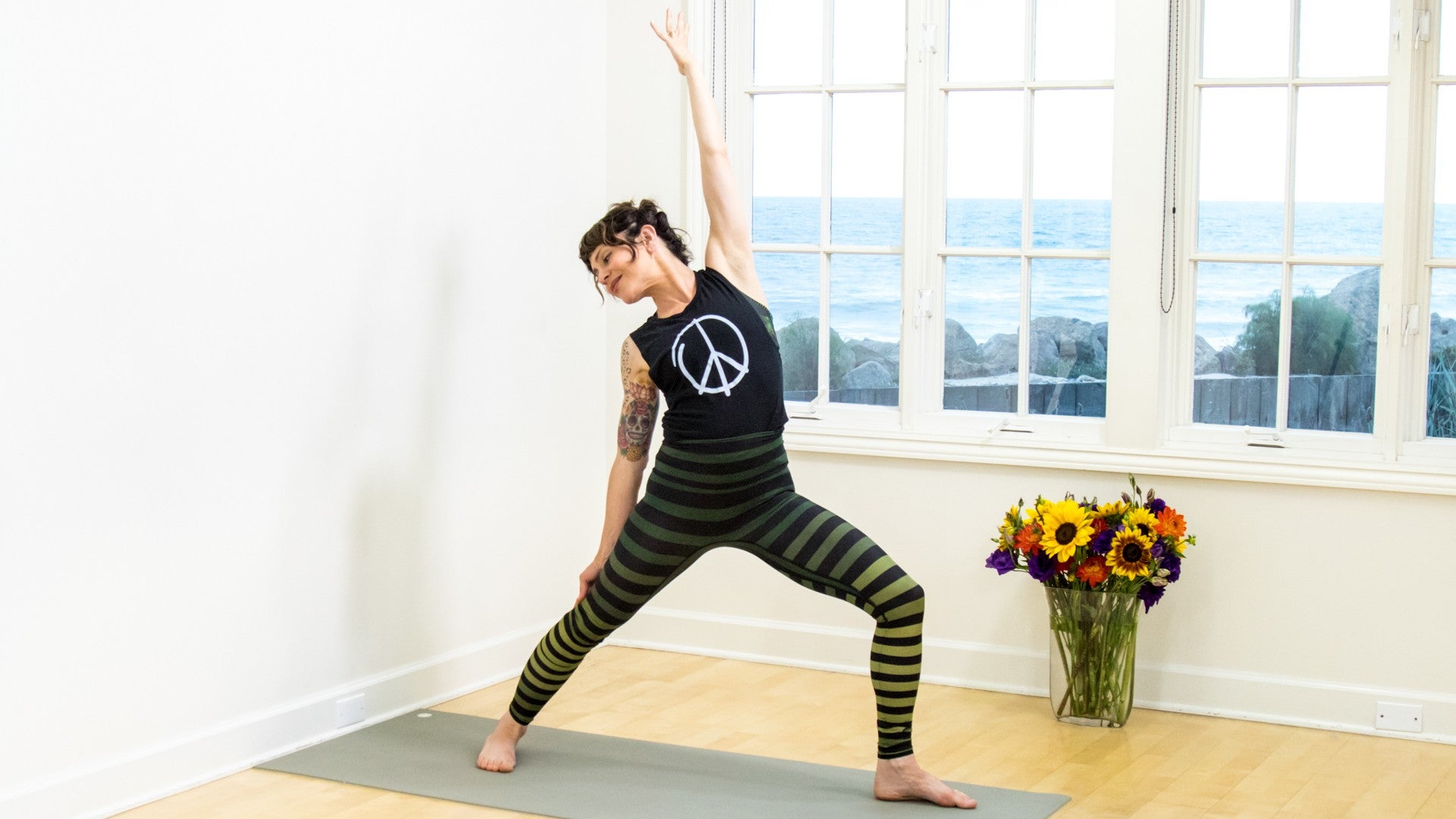
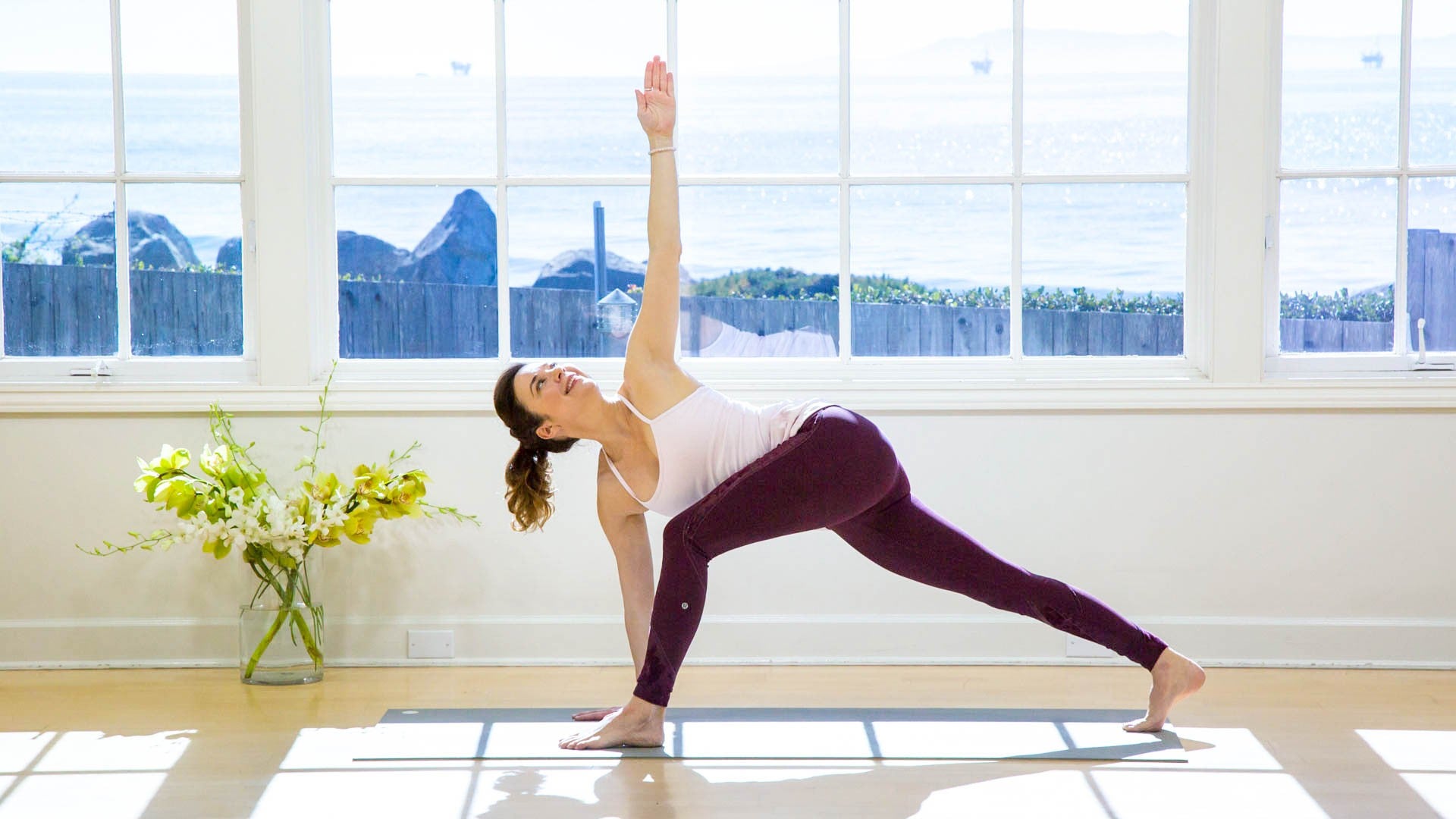
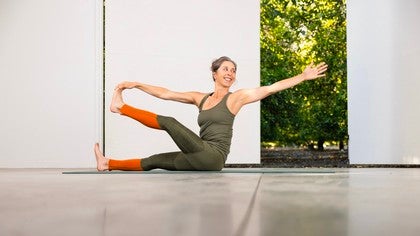


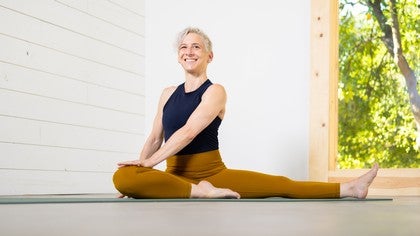
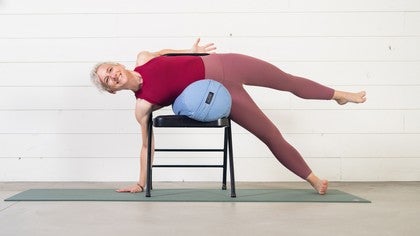





You need to be a subscriber to post a comment.
Please Log In or Create an Account to start your free trial.